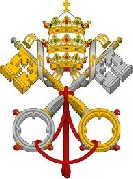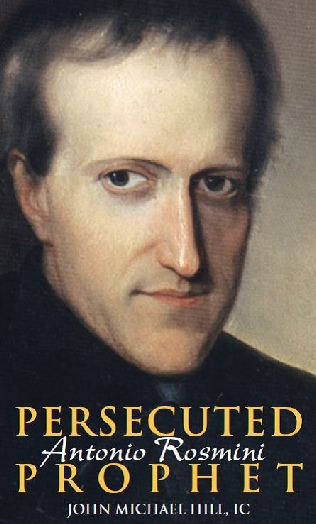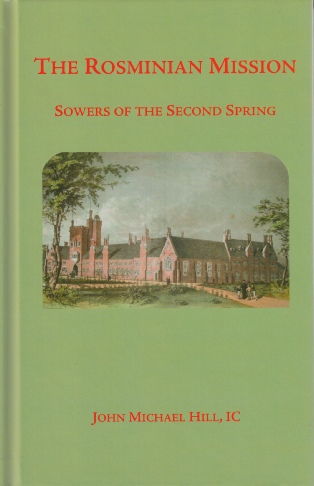 View Basket
View Basket
Antonio Rosmini
Persecuted Prophet
John Michael Hill, IC
Blessed Antonio Rosmini was a man who reached out beyond the Church to engage in dialogue with the unbelieving world of his time.
A major figure in the nineteenth-century Church - though little known in the English-speaking world - Rosmini could be regarded as the patron of speculative theologians and philosophers for his obedience to, and reverence for, the Magisterium.. This was clearly shown by his prompt and respectful submission when two of his major works were condemned in 1849. In this biography, the first in English for over half and century, Fr Michael Hill places Rosmini in the context of his family, his friends, his foes and his nation. He evaluates the impact Rosmini had on other significant figures in the Church, and on his followers in the Institute of Charity and the Sisters of Providence.
What emerges is something of a tragic story. Though greatly loved and admired by many, he was also often misunderstood; bitter attacks on him by his enemies within the Church and in international politics were the source of much anguish for Rosmini himself and his friends.
Now he has been acclaimed by his fellow Italians and rehabilitated by the Church, his holiness affirmed and his person revered. A persecuted prophet and an important figure in the intellectual development of the modern Church, Antonio Rosmini is very much a prophet for our time.
978 085244 831 1
£20.00hb 304 pages (incl b&w photos)

The Rosminian Mission:
Sowers of the Second Spring
John Michael
Hill
In the story of the dramatic revival of Catholicism in Great Britain in the nineteenth
century, the role of the pioneering Rosminian mission is often overlooked. The unflagging
zeal of these courageous men had an enormous impact and achieved impressive results
– there were literally thousands of converts. The Rosminians, and the seed that they
sowed, played a major role in the development of the Church, not just in England,
but also in Wales and Ireland.
In this book Michael Hill explores the English background to the mission, an England already undergoing great changes due to the effects of Irish immigration, which only accelerated in the aftermath of the Great Famine. Introducing the founder of the mission, Antonio Rosmini, he explains the Italian enthusiasm for the conversion of England. Pope Gregory XVI himself came on board the ship carrying the first three Italian missioners led by Aloysius Gentili in 1835 to bless them before they sailed. Gentili and the Anglo-Irishman Moses Furlong preached 50 parish missions: two other Italians, Fortunatus Signini and Angelo Rinolfi, over some 30 years, preached around 250 parish missions and dozens of retreats to clergy and religious or school communities.
Drawing on extensive research in England, Wales, Ireland and Italy, Hill examines the new parish foundations made by the Rosminians – Loughborough, Rugby and London (St Etheldreda’s) in England, and Newport and Cardiff in South Wales. Alongside the men were the Rosminian nuns, working especially in education. Educational establishments were a notable feature of the Rosminian mission – ten Catholic schools in Cardiff alone, the Catholic public school, Ratcliffe College, in Leicestershire, and industrial schools and orphanages in Ireland, England and Belgium.
John Michael Hill,IC was born in Yorkshire and educated by the Rosminians. He studied at Cambridge before entering the Rosminian Order, and was ordained priest in Rome in 1964. He lives in New Zealand where his ministry has been mostly spent: teaching in Rosminian schools, and later working for the Bishops’ Conference in adult Education in Faith, and in a Retreat Centre in Christchurch. For twenty years he edited Catholic magazines in Dunedin. His previous book, Antonio Rosmini: Persecuted Prophet is also published by Gracewing
978 085244 909 7 hb Illustrated
320 pages £20
